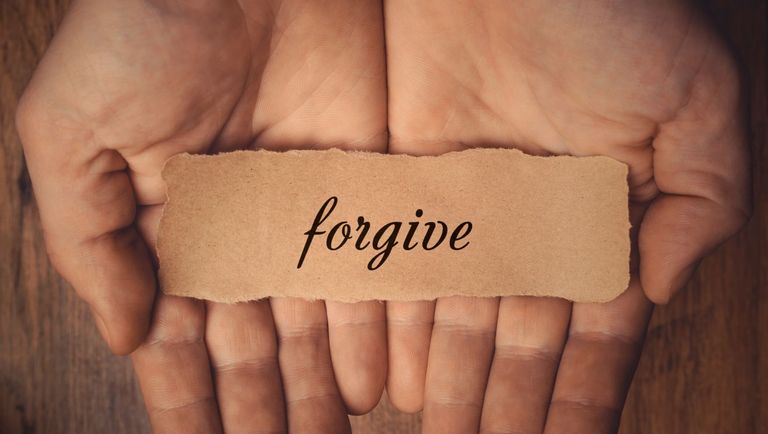
A lingering dispute can go farther than you may think and may be harming your physical health, whether it's a simple argument with your partner or a long-standing grudge against a friend or relative. The good news is that studies have shown that forgiveness has numerous positive health effects, including a decreased chance of heart attack, improved cholesterol and sleep quality, and decreased levels of pain, blood pressure, anxiety, sadness, and stress. Furthermore, studies suggest that the relationship between forgiveness and health gets stronger with age.
Being hurt and disappointed has a huge physical cost; persistent anger throws your body into a mode of fight or flight causing your heart rate, blood pressure, and immune system to fluctuate dramatically. Therefore, among other illnesses, those alterations raise the risk of depressive symptoms, heart disease, and diabetes. However, forgiveness reduces stress, which benefits one's health.
Saying the words is not the only part of forgiveness; it's an active process that involves choosing to let go of hurt sentiments, regardless of whether the other person merits it or not. When you let go of your hatred, wrath, and fury toward the person who harmed you, you start to feel compassion, empathy, and occasionally even affection.
Certain people are just inherently more forgiving, according to studies. As a result, individuals typically experience less sadness, worry, tension, rage, and animosity in addition to having higher levels of life satisfaction. Nevertheless, those who harbor resentment are more likely to suffer from severe depression, PTSD, and other medical disorders. However, that does not exclude children from teaching themselves more healthful behaviors. I
ntegrating Forgiveness Into Your Life One can choose to forgive. You've made the decision to show the individual who hurt you kindness and compassion.You can improve your mental and physical well-being as well as your ability to forgive by taking the following actions.
1 . Think back and keep in mind.
This encompasses not only the actual events but also your response, your emotions, and the long-term effects of your hurt and fury.
2 . Show sympathy for the other individual.
For example, it may be easier to understand why you get angry after drinking too much wine if your partner was raised in an alcoholic household.
3 . Offer sincere forgiveness.
It could be enough to bring about some healing to simply forgive someone because you believe you have no other option or because you believe your religion demands it. However, even in cases where the other person never apologized, persons who were able to forgive others because they understood that nobody is flawless were able to move on and have a regular contact with them. Individuals who just extended forgiveness to maintain the relationship ultimately found themselves in worse situations.
4 . Abandon your standards.
You might not get an apology from the other people or have your connection with them changed by apologizing. As long as you have no expectations, you will not be let down.
5 . Choose forgiving.
After you've made that decision, act to confirm it. Write down concerning what you forgive in a notebook or even speak with another trusted person in your life if you don't feel comfortable talking to the person who harmed you.
6 . Pardon yourself.
Forgiveness involves self-forgiveness as well. For example, acknowledge that your spouse's extramarital affair does not define who you are.
Upvoted. Thank You for sending some of your rewards to @null. Get more BLURT:
@ mariuszkarowski/how-to-get-automatic-upvote-from-my-accounts@ blurtbooster/blurt-booster-introduction-rules-and-guidelines-1699999662965@ nalexadre/blurt-nexus-creating-an-affiliate-account-1700008765859@ kryptodenno - win BLURT POWER delegationNote: This bot will not vote on AI-generated content